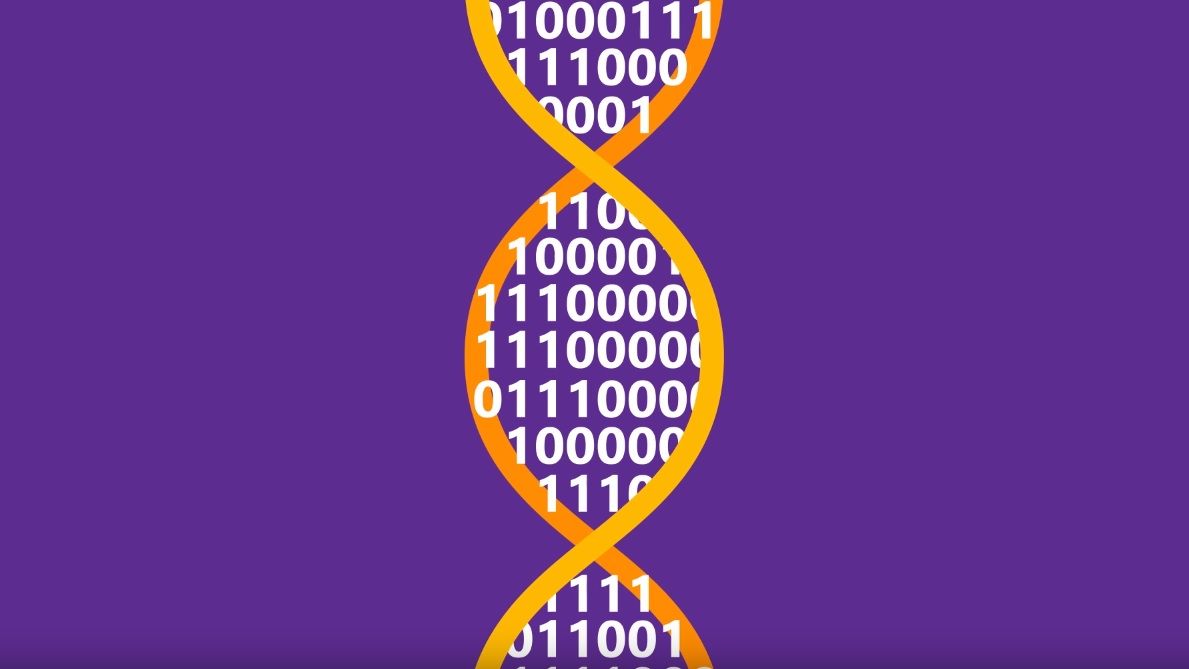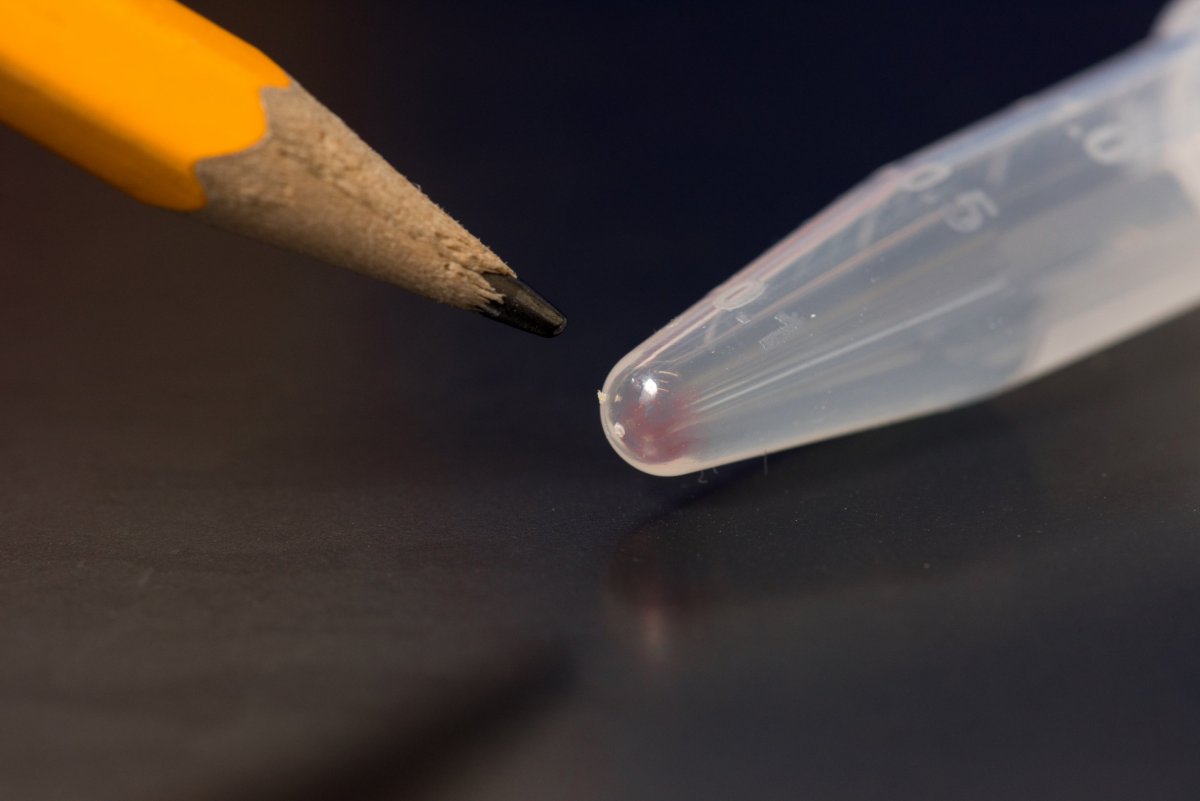
DNA is widely touted as the future of data storage, theoretically capable of storing the whole accessible internet into the size of a shoebox.
Exploring this potential, researchers have stored and retrieved 200 megabytes of video, images and text onto strands of the molecule and in the process set a new world record for DNA data storage.
The team of researchers from the University of Washington and Microsoft were able to store the files into a space "much smaller than the tip of a pencil," according to Microsoft researcher Douglas Carmean.
Among the data written onto the DNA was a music video from the band OK Go, the Universal Declaration of Human Rights and the literary classic War and Peace.

"The world is producing data at an incredible rate, and storage technologies need to keep up," said Luis Ceze, professor of computer science at the University of Washington. "DNA is a remarkable storage molecule—it is millions of times denser than other storage media, it is incredibly durable (think millennia) and it never becomes obsolete."
Digital data—including videos, photos and text—collected by devices is expected to hit 44 trillion gigabytes by 2020. At its current rate, the world is producing more data that the capacity to store it, making DNA an attractive solution to this problem.
"It's very dense and with the right storage conditions, DNA can be extremely long-lasting," George Seelig, an associate professor at the University of Washington, recently told Newsweek. "However, reading and writing DNA is still very slow, so it's good for applications where you want to keep information around for a long time but not access it often."
The team from the University of Washington is one of only two groups in the U.S. to have demonstrated the ability to perform "random access" to identify and retrieve data from DNA. Before this can be rolled out on a significant scale, however, the cost of synthesizing DNA—or writing it—for this purpose needs to be reduced, and the efficiency improved.
Uncommon Knowledge
Newsweek is committed to challenging conventional wisdom and finding connections in the search for common ground.
Newsweek is committed to challenging conventional wisdom and finding connections in the search for common ground.
About the writer
Anthony Cuthbertson is a staff writer at Newsweek, based in London.
Anthony's awards include Digital Writer of the Year (Online ... Read more
To read how Newsweek uses AI as a newsroom tool, Click here.








